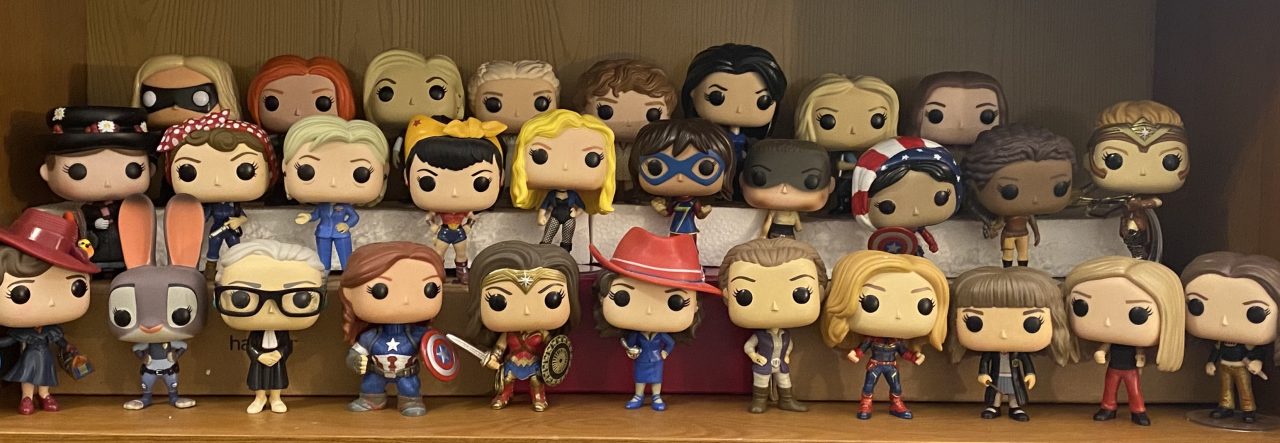 Here we go again. Six murdered, 13 wounded, by a young man swearing “retribution” against the women who “never gave [him] a chance.”
Here we go again. Six murdered, 13 wounded, by a young man swearing “retribution” against the women who “never gave [him] a chance.”
Although news of the Isla Vista murders broke into my awareness yesterday morning (as I’m sure they did for many of the east coasters who were safe a-bed when the shootings occurred), I couldn’t find the words or the courage in last night’s blog-post to touch into my feelings about this latest explosion of misogynist violence.
After all, last time I dipped my toe into these waters, it prompted a festival of “not all men” defensiveness and mansplaining that wore me the hell down in ways I can scarcely articulate.
[Sidebar] Let me get this on the table from the get-go. If your first reaction in the face of these events and whatever I have next to say about them is to enter a self-avowed feminist space (see that tagline, above, about me being “fat, feminist and feisty”?) in order to proclaim some variation of “not all men are like that” and/or “patriarchy hurts men too,” then you, my friend, are part of the fucking problem. Please go do some self-edumacating about the ways those observations — though in their own way true — can function in the wrong contexts as yet another expression of patriarchal privilege. (And just to be super-duper crystal clear: this place at this moment would be one of those wrong contexts.) [/Sidebar]
Of course, the horribly, bleakly comical aspect for me at this very moment is that after this whole big lead-up, I can still scarcely find words to express my anger.
At some bone-deep culturally and emotionally worn-down place, I can scarcely find my anger among the feelings of cultural exhaustion and repetition. Because Elliot Rodger’s rampage, and the videotaped and diarized vitriol that has emerged in the two days since, are incredibly awful and horrible and exceptional and at the same time so very, very banal and familiar.
As Katie McDonough writes in Salon:
But it also denies reality to pretend that Rodger’s sense of masculine entitlement and views about women didn’t matter or somehow existed in a vacuum. These things matter because the horror of Rodger’s alleged crimes is unique, but the distorted way he understood himself as a man and the violence with which discussed women — the bleak and dehumanizing lens through which he judged them — is not. Just as we examine our culture of guns once again in the wake of yet another mass shooting, we must also examine our culture of misogyny and toxic masculinity, which devalues both women’s and men’s lives and worth, and inflicts real and daily harm. We must examine the dangerous normative values that treat women as less than human, and that make them — according to Elliot Rodger — deserving of death. [. . .]
I have seen these videos before. Women have heard these threats before, and been forced to consider how seriously they should take a man who tells them on Twitter that he knows where they live and that, “You are going to die and I am the one who is going to kill you.” If Rodger had posted his angry monologue to YouTube or fired it off in an email to a woman online and then gone about his day — seething privately and without violence about his wounded sense of entitlement and the sting of having his resentful and warped desires unfulfilled — the country wouldn’t be talking about him. Because until the moment that he is alleged to have killed six women and men, Elliot Rodger was every bit the same as the other men who are defined by their resentment toward women and their sense of bitter victimization in the world.
McDonough and I are far from alone in having this awful sense of deja vu all over again. The Belle Jar and The Guardian both remind us that just last month, a young woman in Connecticut was stabbed to death for the ultimate crime of declining someone’s invitation to prom. The Free Republic connects the dots between the Isla Vista murders and numerous similar hate crimes, including the Ecole Polytechnique shootings that came strongly to my mind, both five years ago and yesterday.*
Even the connections between Rodgers and the Men’s Rights and Pick-Up Artist communities feel terrifyingly old hat to me. I don’t know for sure that George Sodini was involved in similar groups/endeavors — my five-years ago post doesn’t make it clear, and I only have the stomach tonight to pull links on two sets of misogyny-fueled crimes, rather than three — but it certainly has that tone on it in my memories.
[UPDATE] Because the scholar in me is constitutionally unable to leave dangling assertions without back-up, I’ve done a bit more digging in the clear light of morning. Sodini did indeed attend some “pick-up artist” seminars, and was at least marginally connected to that community. So yeah: the more thing stay the same, the more things stay the same. [/UPDATE]
So, what is there left to say? All I have tonight are a few semi-coherent musings.
The patriarchy is broken. Please, by all that is ethical and holy, let us as a society — as a humanity — find a way to break beyond these structures.
If you have any doubts that the attribution of these crimes to a seed of misogyny is disproportionate, check out the diversity of sharings being offered online via the hashtag #yesallwoman. As observed in The Atlantic:
Like all widely embraced hashtags, #YesAllWomen encompasses content so diverse that everyone is bound to disagree with some of it. I submit that the vast majority of men who explore it with an open mind will come away having gained insights and empathy without much time wasted on declarations that are thoughtless. I hope that the inevitable backlash doesn’t dissuade anyone from taking a look.
And finally, all I can say now is a variation of what I said five years ago. The more that we as a society (ad our media outlets) paper over the connections between Rodger’s misogynist views and the matrix of patriarchy and misogyny that infiltrates contemporary culture, the less of a chance we will have to evolve beyond this tragic state of affairs. And the more inevitable it will be that more shootings, more stabbings, more violent rampages will occur in the name of patriarchal pride and of women’s assumed role as sexual property.
“Why do men feel threatened by women?” I asked a male friend of mine. So this male friend of mine, who does by the way exist, conveniently entered into the following dialogue. “I mean,” I said, “men are bigger, most of the time, they can run faster, strangle better, and they have on the average a lot more money and power.” “They’re afraid women will laugh at them,” he said. “Undercut their world view.” Then I asked some women students in a quickie poetry seminar I was giving, “Why do women feel threatened by men?” “They’re afraid of being killed,” they said.
Margaret Atwood, Writing the Male Character
* The Belle Jar made a similar connection in an earlier version of her post — that text was deleted between last night and today, and I, for one, am sorry to see it go.
———-
Image credit: http://www.thechannels.org/news/2014/05/25/isla-vista-community-mourns-tragedy-with-candlelight-vigil/

